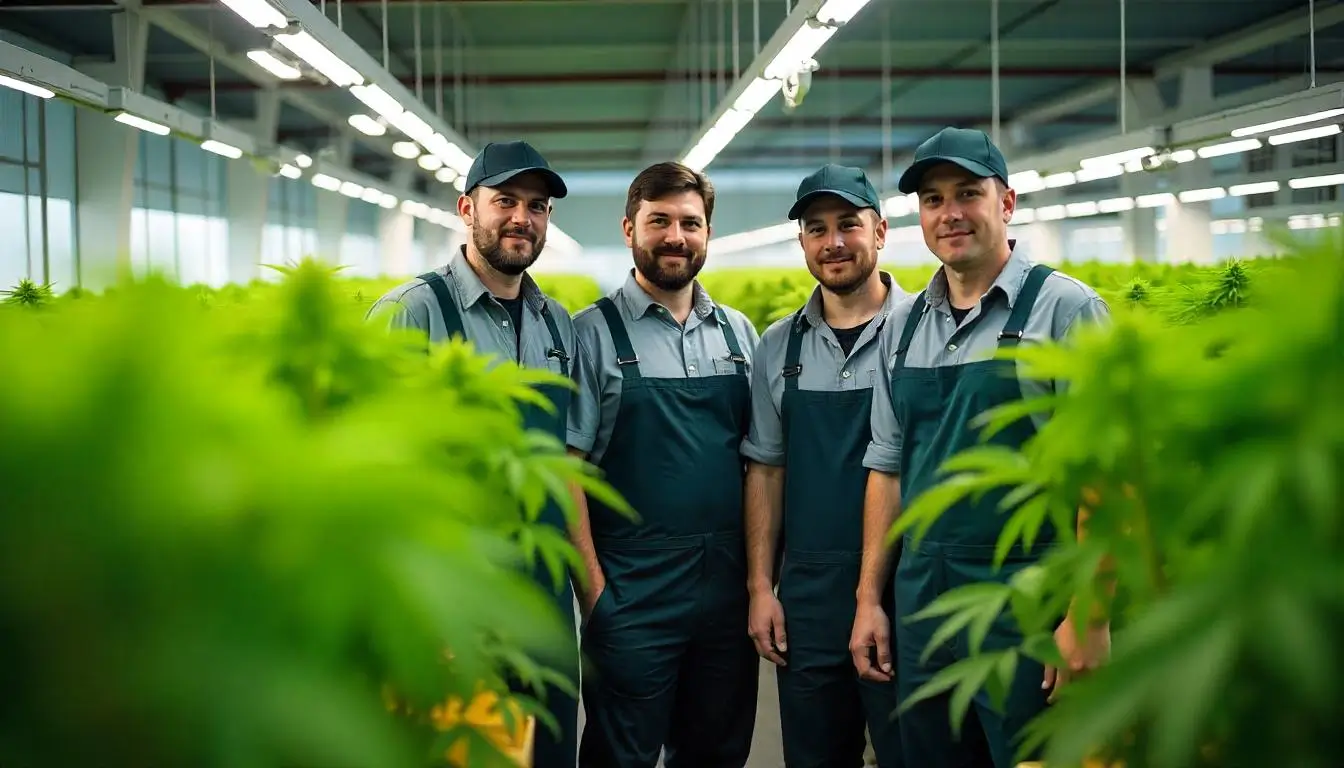In a landmark move for Arizona’s cannabis industry, cultivation workers at Trulieve’s Phoenix facility have become the first in the state to sign a union contract. This historic achievement not only marks a major step forward for labor rights in the cannabis space but also signals a broader shift toward worker organization in industries where unionization has traditionally been rare, especially in agriculture.
How Trulieve Workers Unionized
The union effort began with 43 employees at Trulieve’s Magnolia cultivation site in central Phoenix. With support from the United Food and Commercial Workers (UFCW) Local 99, these workers began organizing to improve their workplace conditions and secure collective bargaining rights. UFCW provided guidance and resources throughout the process, helping employees navigate the legal and logistical hurdles of unionizing.
This isn’t Arizona’s first attempt at agricultural unionization, but it is the most successful in recent memory. The only comparable instance occurred back in 2000, when workers at a now-closed tomato greenhouse voted to unionize. Trulieve’s success shows how much the labor landscape has evolved since then, especially in newer sectors like cannabis.
What a Union Contract Means for Workers
A union contract is a formal agreement that outlines workers’ rights on the job, covering things like wages, schedules, benefits, and workplace safety. For Trulieve employees, the new contract guarantees pay raises and other key protections that enhance job security and fairness.
In the cannabis industry, where labor protections are still catching up with the sector’s rapid growth, these agreements can make a big difference. They give workers a seat at the table and establish standards that could ripple across the industry.
Why Agricultural Unionizing Is So Hard
Organizing in agriculture has always been tough. Workers in this sector often face long hours, isolated locations, and fewer legal protections than workers in urban or industrial jobs. These conditions can make union efforts harder to launch and sustain.
But the Trulieve campaign shows that change is possible. With strong support from unions like UFCW and better communication among workers, agricultural labor organizing is starting to gain traction, even in states like Arizona, where it’s been historically rare.
Unions in the Modern Cannabis Workforce
Unions have always been about giving workers a voice. In today’s workforce, they continue to fight for fair pay, safer working conditions, and protections against unfair treatment. In cannabis, a fast-growing industry with evolving labor practices, unions are playing a crucial role in shaping how companies treat their workers.
Through collective bargaining, unions help employees negotiate not just for wages, but for health benefits, job protections, and more. These agreements often lead to stronger relationships between workers and management, creating healthier and more productive workplaces.
What This Means for the Cannabis Industry
Trulieve’s union contract sets a powerful precedent. It shows that cannabis cultivation workers can organize and win. As the industry matures, this kind of labor activism could lead to more sustainable business models and better working conditions across the board.
The benefits go beyond wages. A unionized workforce often means higher morale, lower turnover, and more consistent product quality: key factors for any company competing in a highly regulated, consumer-focused market like cannabis.
Looking Ahead
This moment could be the beginning of a larger trend. As cannabis legalization spreads and more workers speak up about conditions in grow facilities and dispensaries, companies will need to engage seriously with labor concerns. Forward-thinking policies around workplace equity, representation, and compensation aren’t just good for workers, they’re good for business, too.
With more states considering cannabis reform, the conversation about labor rights in the industry is only going to grow louder. Trulieve’s unionization is a reminder that workers are ready to lead, and the industry should be ready to listen.





